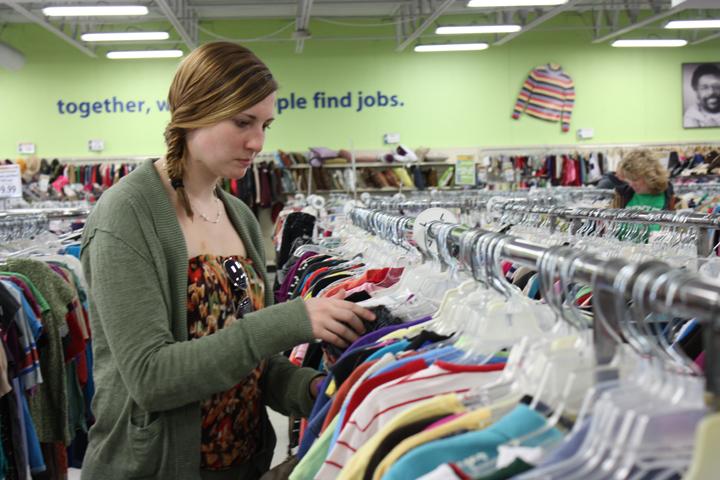Despite their more optimistic views when it comes to the future, Millennials find they still share core beliefs and values with their parents
By Henry Zhu
First came the “Greatest Generation,” then “Generation X,” and now the “Millennial Generation.” Though the existence of different generations is unquestioned, there is disagreement over what sets a generation apart from those that come before and after it. Like many others, junior Harriet Leishman said she believes the most significant distinctions between today’s youth and its predecessors seem to lie in their different perspectives.
“I think a lot of what sets us apart from our parents and grandparents involves how we see the world,” Harriet said. “We’ve grown up in a different time than they did, and it’s only natural that we have different views and opinions.”
According to a new study on Millennials by the Pew Research Center, Harriet is not alone in her belief that her generation is unique. The study states that over 60 percent of Millennials said their generation “has a unique and distinctive identity” due to a variety of social and economic differences.
“Well there are obviously different generations, but there’s no one thing that distinguishes us from the older generations,” Harriet said. “It’s just the atmosphere that we’ve grown up with in general and how it changes our perspectives on a lot of things.”
Funding the Future
Among the many factors that constitute a generational identity, both Harriet and the Pew study mentioned contrasting economic views between Millennials and older generations as an important difference.
“I think teens in general are more positive and optimistic about our economic futures,” Harriet said. “The current recession is affecting our parents more directly than it’s affecting us, and I think by the time we enter the job market a lot of the problems either won’t be there or won’t be as severe.”
The Pew study’s findings show that despite adverse economic conditions, most Millennials share Harriet’s optimism toward the future. Though over a third of youth are currently facing career difficulties, statistics show that approximately 90 percent of Millennials said they believe they will eventually achieve their economic and career goals.
According to economics teacher Dan Bates, this outlook is quite typical for a younger generation. Bates said younger generations have historically been more optimistic while older generations have been more cautious about the future.
“Part of the difference is that adults have been around longer and have more experience,” Bates said. “Especially with the recession, adults are more cautious because they’ve had to deal with more economic and personal difficulties than most teens have.”
Harriet’s mother Amy Leishman said she has noticed several distinctions between older and younger generations’ economic views and situations. Mrs. Leishman said that, though the economy has become increasingly competitive and work is thus harder to find compared to the past, she believes an optimistic outlook will help motivate youth to overcome any future challenges.
Despite any difficulties, however, Harriet said she is confident she can be successful. Ultimately, she said, her choice in careers will be based on personal fulfillment rather than economic calculations.
“I’ve always wanted to go into law because I’m interested in that field,” Harriet said. “To me, it’s more important that I have a job I can enjoy than a job that makes lots of money.”
Positive Progress
Though economic outlooks differ among generations, Harriet said the most important distinctions involve each generation’s view on society. She said she believes the younger generations are more accepting of different ways of life.
“Our generation is definitely a lot more understanding and less judgmental than our parents and grandparents,” Harriet said. “It’s on issues like same-sex marriage that we’re really different and a lot more accepting than our parents, and, in my opinion, that openness is one of the best things about our generation.”
According to statistics from the Pew study, Millennials are more accepting of different ways of life than their elders. When it comes to issues of marriage and relationships, less than a third of Millennials see same-sex marriage as a “bad thing for society” while approximately half of older generations hold that less tolerant view. The study concludes that because Millennials had been raised in a modern world throughout their lives, they have become more accepting of “modern family arrangements” than previous generations.
Mrs. Leishman said from her experiences, she feels the Millennials are far more tolerant of previous generations. Yet, Mrs. Leishman said a number of the differences also depend on geography as well as culture.
“In the Midwest, the older generations are less understanding than the youth, but in other places like and Europe, the older generations are very accepting,” Mrs. Leishman said. “For our family, the gap is more between Harriet and me on one hand and her grandparents on the other rather than between Harriet and me.”
For Harriet, she said the increased openness of younger generations has positively affected society. On the other hand, she said she also acknowledges that society is not as openly tolerant as it should be and that there is work to be done.
“We’ve made really great progress recently toward more equality (in society), but there’s always more work to be done,” Harriet said. “Nobody should be treated differently for who they are, and I think American society is finally getting that message.”
Sides of the Same Coin
Still, while there is ample evidence that each generation differs from ones before it, it is also evident that different generations have much in common. As for Harriet, she said she shares many views in common with her parents.
“For the large part, I feel like my mum and I have very similar values because she raised me well,” Harriet said. “I feel like even though we grew up in different times, there’s not much of a generation gap between us.”
Bates, who also teaches sociology, said the similarities between different generations are as much to be expected as the differences. According to Bates, it is natural for children to inherit many of their parents’ values despite different outlooks. Overall, he said the current generation’s perspectives are very similar to those of previous generations during their youth.
As for Mrs. Leishman, she said she has much in common with her daughter despite growing up in different times. Though they share many views, Mrs. Leishman said she believes allowing Harriet to form and develop her own opinions is more important.
“We’re very similar in that we highly value respecting and acting compassionately towards others,” Mrs. Leishman said. “I want Harriet to share many of my values, but I wanted her to learn that herself rather than just following everything I say.”
Ultimately, Harriet said that, despite the generational differences and occasional disagreements, she still feels very close to her parents.
“We’re different people who grew up in different times and places, but my mum has been a big influence on me throughout my life,” Harriet said. “Our generation is a unique one and I think we’re doing a lot of stuff right, but it’s also always good to learn from those before us too.”





























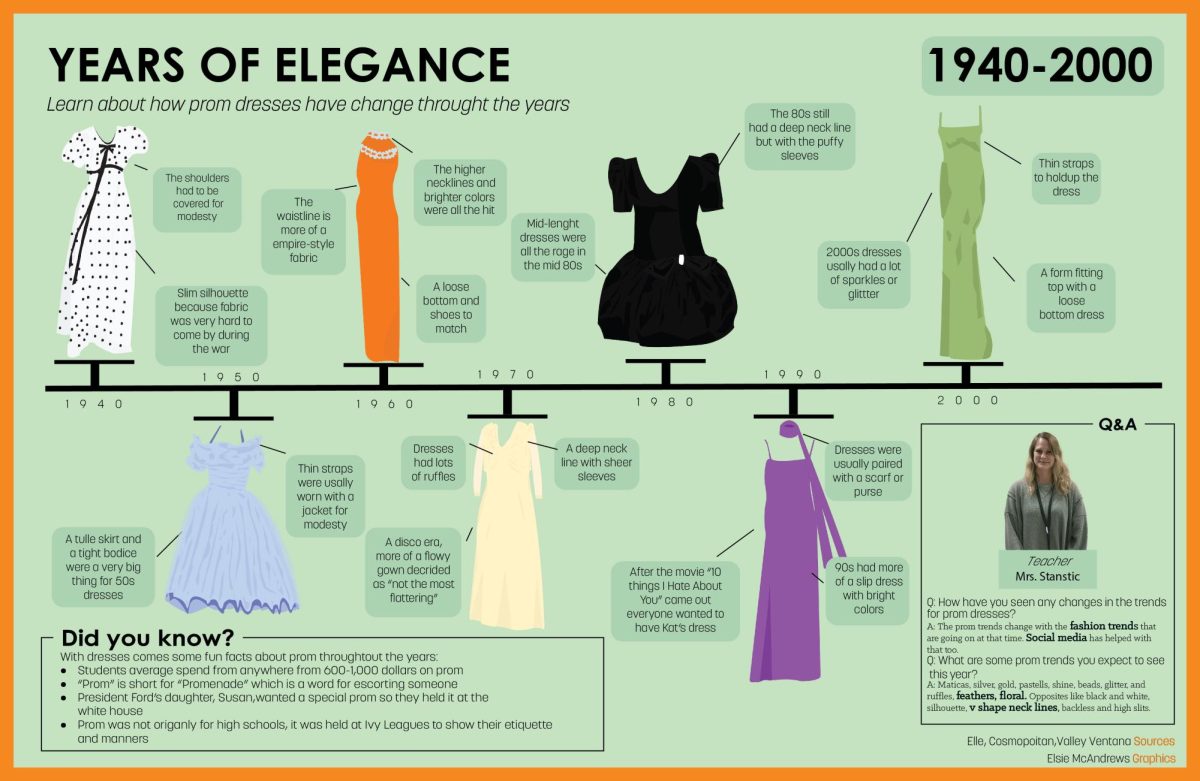
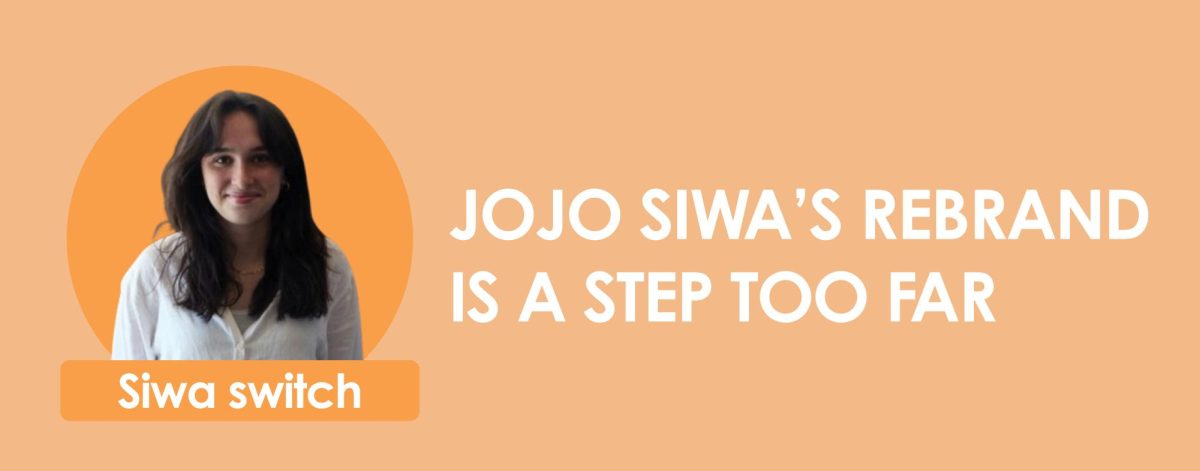
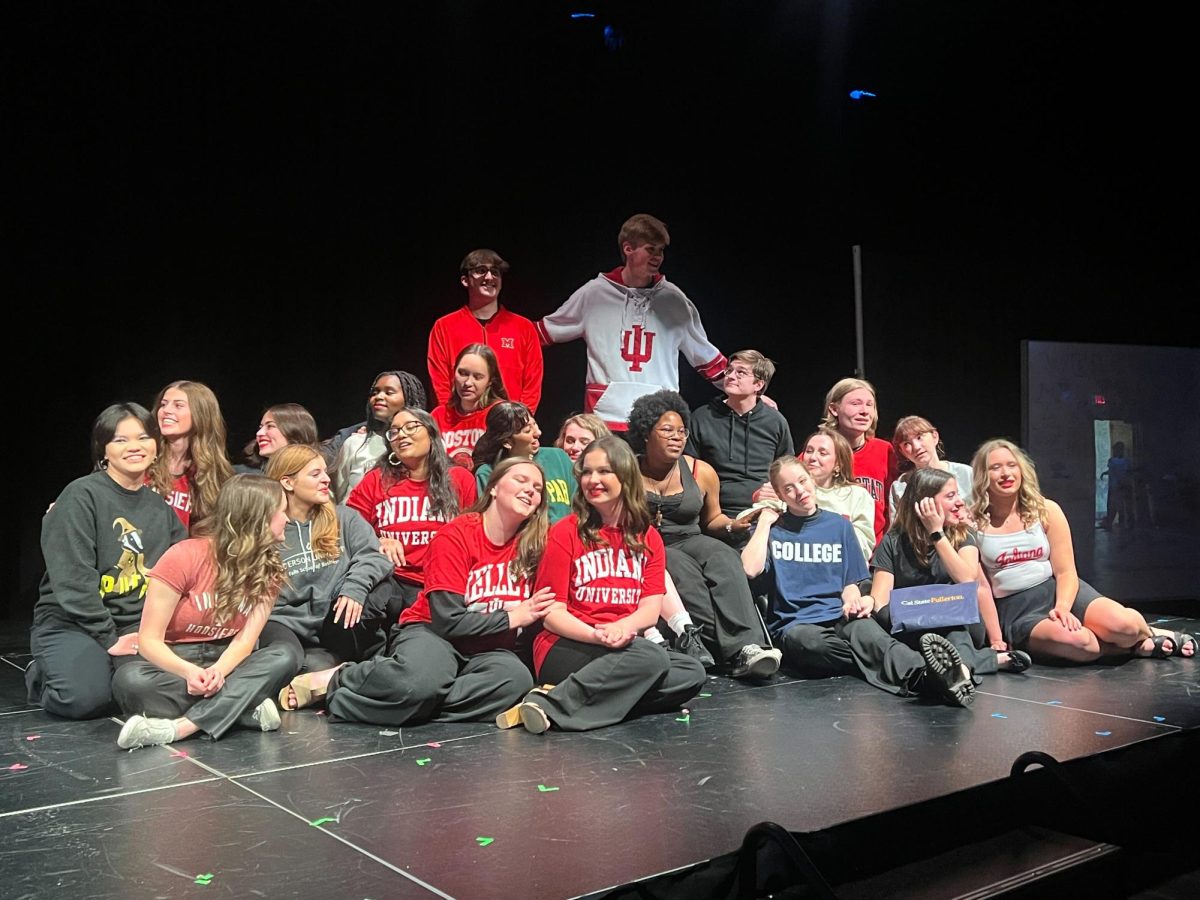



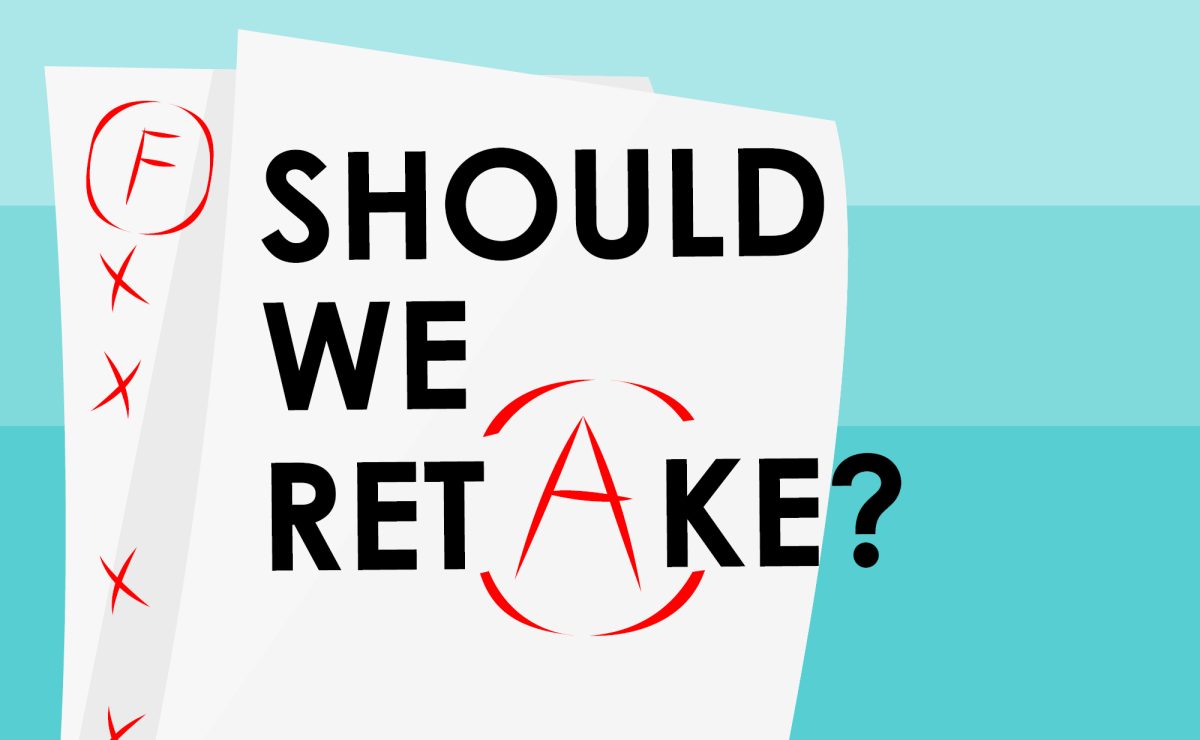















![Review: “Suits” is a perfect blend of legal drama and humor [MUSE]](https://hilite.org/wp-content/uploads/2024/04/unnamed-1.png)
![Chelsea Meng on her Instagram-run bracelet shop [Biz Buzz]](https://hilite.org/wp-content/uploads/2024/04/IMG_2446-1200x838.jpg)
![Review: Quiet on Set: The Dark Side of Kids TV is the long awaited exposé of pedophilia within the children’s entertainment industry [MUSE]](https://hilite.org/wp-content/uploads/2024/04/unnamed.jpg)
![Review: “The Iron Claw” cannot get enough praise [MUSE]](https://hilite.org/wp-content/uploads/2024/04/unnamed.png)
![Review: “The Bear” sets an unbelievably high bar for future comedy shows [MUSE]](https://hilite.org/wp-content/uploads/2024/03/unnamed.png)
![Review in Print: Maripaz Villar brings a delightfully unique style to the world of WEBTOON [MUSE]](https://hilite.org/wp-content/uploads/2023/12/maripazcover-1200x960.jpg)
![Review: “The Sword of Kaigen” is a masterpiece [MUSE]](https://hilite.org/wp-content/uploads/2023/11/Screenshot-2023-11-26-201051.png)
![Review: Gateron Oil Kings, great linear switches, okay price [MUSE]](https://hilite.org/wp-content/uploads/2023/11/Screenshot-2023-11-26-200553.png)
![Review: “A Haunting in Venice” is a significant improvement from other Agatha Christie adaptations [MUSE]](https://hilite.org/wp-content/uploads/2023/11/e7ee2938a6d422669771bce6d8088521.jpg)
![Review: A Thanksgiving story from elementary school, still just as interesting [MUSE]](https://hilite.org/wp-content/uploads/2023/11/Screenshot-2023-11-26-195514-987x1200.png)
![Review: When I Fly Towards You, cute, uplifting youth drama [MUSE]](https://hilite.org/wp-content/uploads/2023/09/When-I-Fly-Towards-You-Chinese-drama.png)
![Postcards from Muse: Hawaii Travel Diary [MUSE]](https://hilite.org/wp-content/uploads/2023/09/My-project-1-1200x1200.jpg)
![Review: Ladybug & Cat Noir: The Movie, departure from original show [MUSE]](https://hilite.org/wp-content/uploads/2023/09/Ladybug__Cat_Noir_-_The_Movie_poster.jpg)
![Review in Print: Hidden Love is the cute, uplifting drama everyone needs [MUSE]](https://hilite.org/wp-content/uploads/2023/09/hiddenlovecover-e1693597208225-1030x1200.png)
![Review in Print: Heartstopper is the heartwarming queer romance we all need [MUSE]](https://hilite.org/wp-content/uploads/2023/08/museheartstoppercover-1200x654.png)























![Review: Ladybug & Cat Noir: The Movie, departure from original show [MUSE]](https://hilite.org/wp-content/uploads/2023/09/Ladybug__Cat_Noir_-_The_Movie_poster-221x300.jpg)

![Review: Next in Fashion season two survives changes, becomes a valuable pop culture artifact [MUSE]](https://hilite.org/wp-content/uploads/2023/03/Screen-Shot-2023-03-09-at-11.05.05-AM-300x214.png)
![Review: Is The Stormlight Archive worth it? [MUSE]](https://hilite.org/wp-content/uploads/2023/10/unnamed-1-184x300.png)



